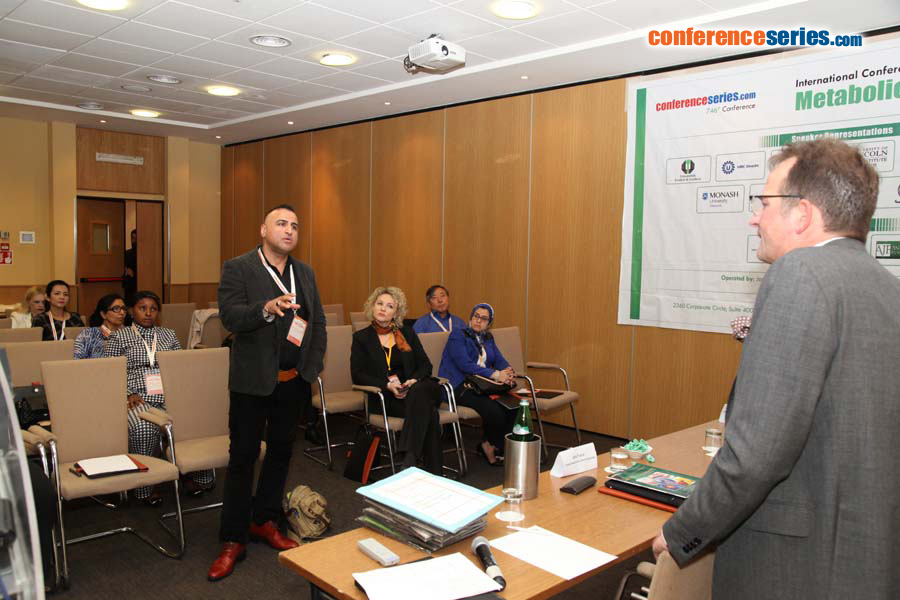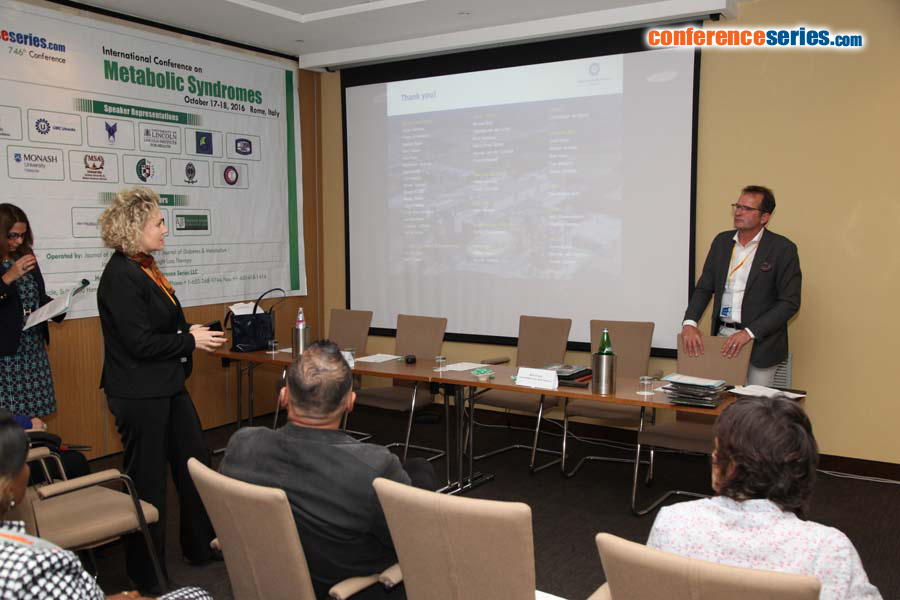
Arie Franx
University Medical Centre Utrecht, Netherlands
Title: Reproduction and pregnancy as stress test for lifelong cardiovascular health
Biography
Biography: Arie Franx
Abstract
The aim of this presentation is to review the relationship of reproductive and pregnancy disorders with cardiovascular disease. Women who experience vascular-related complications in reproduction and pregnancy, such as polycystic ovary syndrome (PCOS), premature ovarian failure (POI), spontaneous preterm birth (SPB), pregnancy-induced hypertension (PIH) and preeclampsia (PE) have increased prevalence of traditional, modifiable cardiovascular disease (CVD) risk factors, including all the major defining criteria of the metabolic syndrome. Furthermore, epidemiological studies have demonstrated that women with PIH and PE are at two to eight fold increased risk of ischemic heart disease at (median) 14 years after pregnancy. Because of the relatively young age at which reproductive and pregnancy complications occur, absolute 10-year CVD risks are low at diagnosis and therefore most current guidelines on CVD risk management do not include recommendations on screening and preventive interventions in these women. Nevertheless, they may benefit from secondary CVD prevention on the long term. We have investigated the feasibility of screening and preventive intervention for CVD risk factors in these women, and also developed a national guideline for cardiovascular risk management in women with reproductive and pregnancy disorders. For a better understanding of the relationship of reproductive and pregnancy disorders with cardiovascular disease, including evidence-based preventative strategies, its pathophysiologic mechanisms need to be unravelled and longer-term follow-up studies are needed to evaluate the development or decline of cardiovascular health in these women in the course of life. Ultimately, cost-effectiveness of interventions to reduce CVD in these women needs to be evaluated in large-scale randomized studies.




